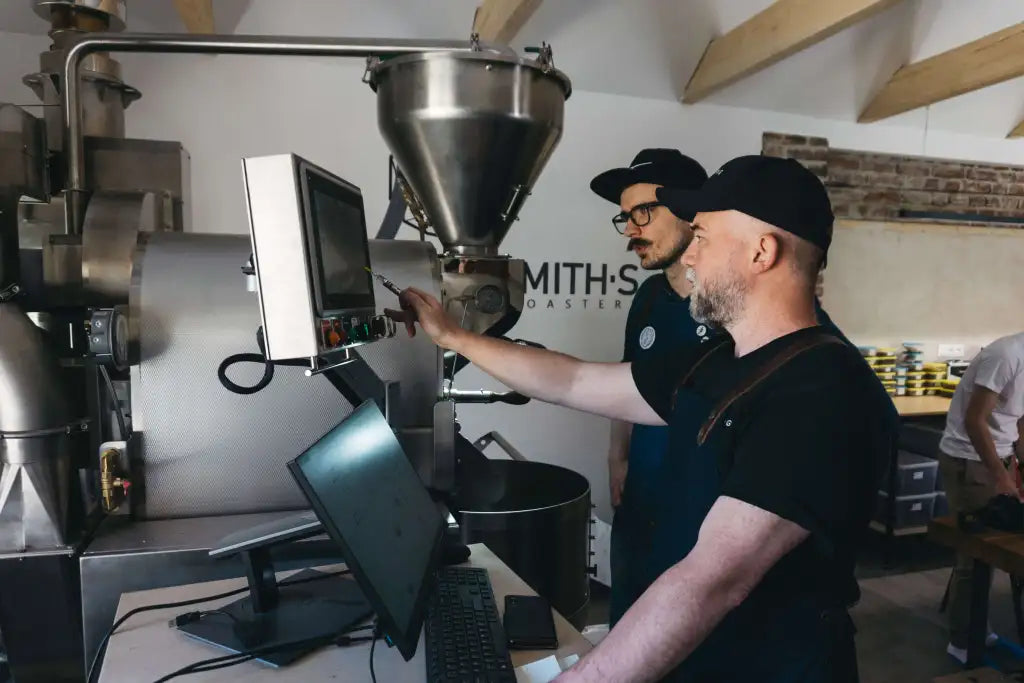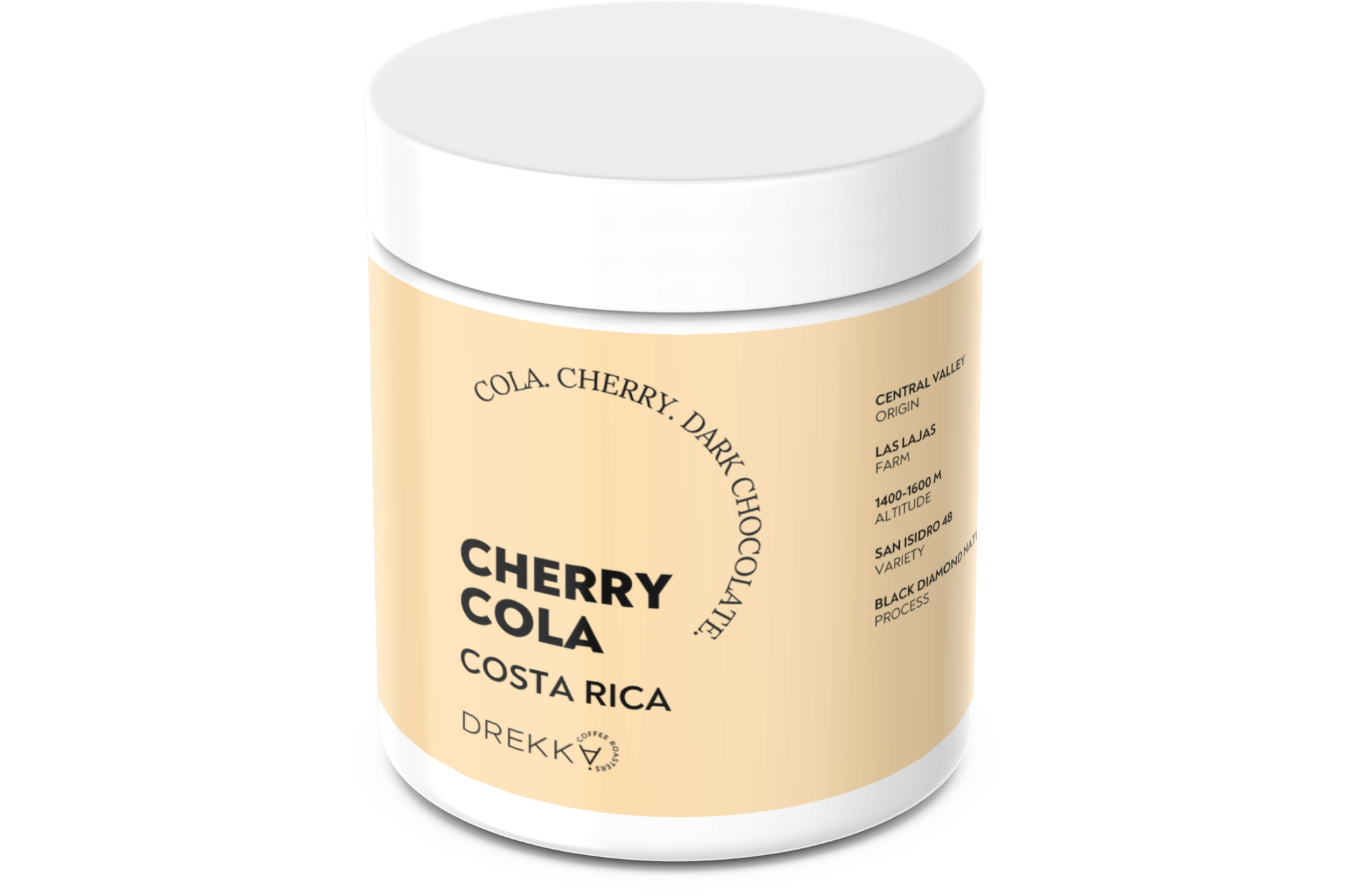Beansmith’s are excited to present their very first coffees from Ecuador - a country that’s still relatively small in terms of coffee exports, making high-quality lots both rare and costly. After some effort, they’ve managed to secure three distinct coffees from three different farms, each showcasing something unique.
Hacienda María Teresa is a blend of varieties, roasted for espresso. It offers a sweet, heavy cup with subtle fruity notes ideal for those who enjoy richness and balance.
The other two lots are roasted for filter and come in limited quantities due to their higher price and smaller volumes. La Comarca is a washed Sidra variety - floral, sweet and beautifully structured. Finca La Marqueza, on the other hand, is a Geisha processed by anaerobic washed method with a clean sweetness and vibrant citrus character.
La Comarca has a fascinating backstory. Nearly 100 years ago, it was a working ranch focused on dairy, sugarcane, citrus, and coffee, once known locally as the “Panama” hacienda. It was the first farm in Loja to have electricity, thanks to a hydraulic system using a Pelton pump. Over time, however, the farm declined as people left the countryside and urban development took over. Today, it’s located in the Malacatos valley, about 20 minutes from the city of Loja, and is experiencing a revival thanks to the fourth generation of the same family.
Their return to coffee began in 2021 with the first harvest of Sidra, which remains the only variety grown on the farm. The project is now led by Daniel and his family, who are committed to producing sweet, clean, and distinctive coffees despite the region’s challenging climate, which alternates between heavy rain and drought.
The Sidra variety itself is somewhat mysterious. It’s believed to originate in Ecuador’s Pichincha province, possibly from a breeding program once run by Nestlé. Though initially thought to be a cross between Typica and Bourbon, recent genetic testing suggests it is closely related to Ethiopian heirloom varieties - an umbrella term for the diverse and often unnamed genetics native to Ethiopia.
Processing at La Comarca is done with care and precision. After harvesting, the cherries are sealed in airtight containers and fermented for 96 hours. They are then de-pulped and undergo a second fermentation in water for 48 hours, still with their mucilage intact. All of this happens under controlled conditions to ensure the coffee remains clean and not overly fermented. Drying then takes place over 25 days in partial shade, resulting in a coffee that is expressive yet balanced.





